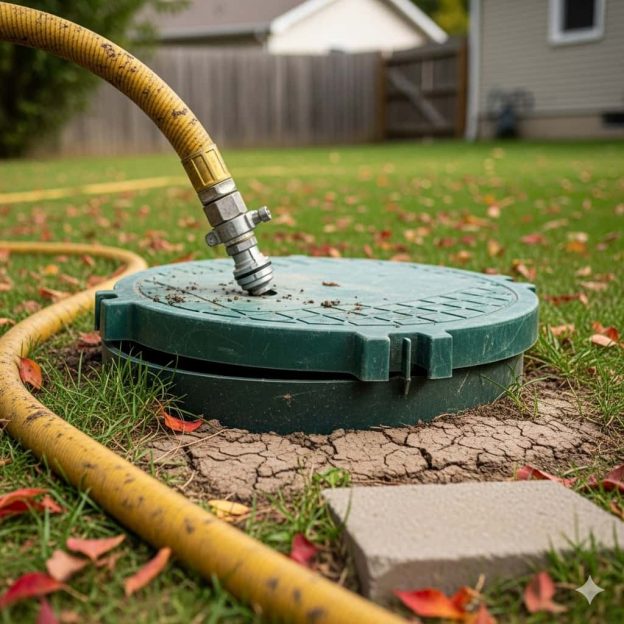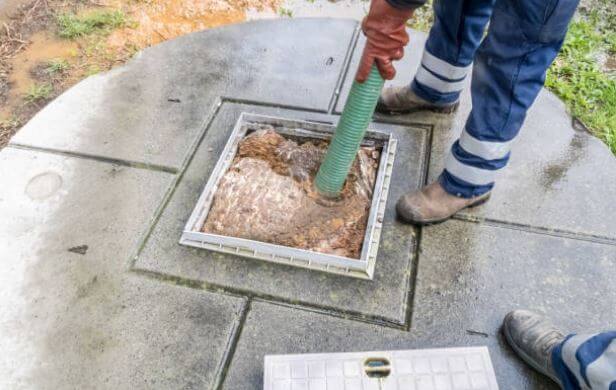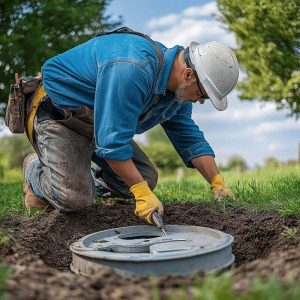Maintaining a functional septic system is crucial for both residential and commercial properties. Whether you own a home, operate a business, or manage land, regular upkeep ensures your system runs smoothly for years to come. Professional septic service Napa, CA helps prevent costly restoration, protects your property, and keeps your environment safe. Choosing experts who understand the unique needs of septic systems can make all the difference in keeping your system reliable.
Why Septic Service Matters for Every Property
A septic system plays a vital role in managing wastewater safely and protecting the environment around your property. Without proper care and attention, it can lead to unpleasant odors, groundwater contamination, costly restoration, and even complete system failures.
Regular septic service helps ensure waste is processed efficiently while keeping your property safe, sanitary, and fully compliant with environmental standards. By scheduling routine inspections, maintenance, and timely pump-outs, property owners safeguard their investment, protect community health, and enjoy peace of mind knowing their system is operating reliably
Common Signs Your System Needs Attention
Recognizing the early warning signs of septic issues can save time and stress. Watch for these indicators that your system may require professional service:
- Slow drains throughout your property
- Gurgling noises in pipes
- Water is pooling in the yard near the drain field
- Strong, unpleasant odors indoors or outdoors
- Backups in sinks, toilets, or showers
When these symptoms appear, professional service is essential to prevent further damage.
Benefits of Professional Septic Care
Hiring experts for septic care provides peace of mind and long-term system reliability. Professional service ensures:
- Proper inspection of all components
- Safe and efficient waste removal
- Compliance with local regulations
- Extended system lifespan
- Reduced risk of unexpected breakdowns
These benefits highlight why professional care is more effective than waiting until problems arise.
How Often Should Septic Systems Be Serviced?
Septic systems typically need service every three to five years, depending on usage, household size, and tank capacity. For larger families or businesses, more frequent service may be required. Professional providers will assess your unique situation and recommend a schedule tailored to your needs. Sticking to a regular maintenance plan keeps your system working efficiently while minimizing potential disruptions.
Choosing the Right Septic Service Provider
Not all septic providers offer the same reliability, experience, or quality, making the choice of partner critical. The best providers are locally owned, community-focused, and maintain long-term relationships through consistent, trusted service. A proven record of excellent customer care shows true commitment to client needs.
A reliable provider should also deliver a full range of septic solutions, from routine maintenance to complex services, while managing all equipment and work directly. This ensures consistent quality, accountability, and dependable results every step of the way.
When it comes to protecting your property and ensuring long-term reliability, professional septic service Napa, CA is always a smart investment for responsible property owners. At American Sanitation Inc, we take pride in delivering trusted solutions specifically tailored to the unique needs of every customer we serve. Our unwavering commitment to quality, integrity, and community service makes us the premier choice for comprehensive sanitation care. Contact us today to schedule your professional service and or visit our website to know more about us.







 5. Choose Septic-Safe Products
5. Choose Septic-Safe Products
 Why Professional Septic Services Matter
Why Professional Septic Services Matter